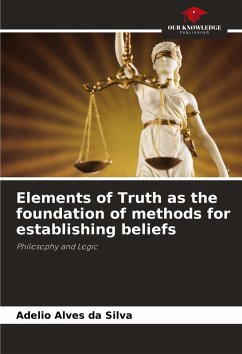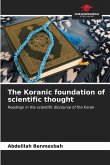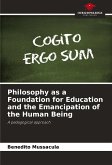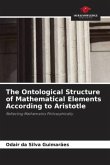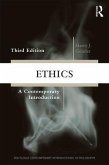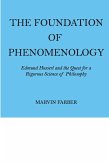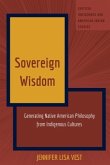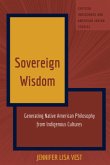This book is, in a nutshell, a study of some of the variables of the concept of "truth", which has always been present in the formation of thought in all societies. In order to understand its historical formation as a fixation of "beliefs" in society, it was necessary to investigate the philosophical origin of this concept. The first philosopher to formulate the first ideas about this concept in philosophy was Parmenides, in the 5th century BC, in his poem On Nature. To achieve the most perfect clarity of the idea, we have to formulate a method. One such method was devised by Descartes with the aim of reconstructing the whole of philosophy. The ideas of truth and falsity, in their full development, belong exclusively to the experimental method of fixing opinion. How is real belief and fictional belief fixed in contemporary society? In this knowledge, Peirce identified four methods of fixing them. All these truths were developed through reasoning, which leads man to a process of choice. There are two paths: the true and the false. What he didn't foresee was the method of volatility, which determines all forms of belief in Mass Culture.
Bitte wählen Sie Ihr Anliegen aus.
Rechnungen
Retourenschein anfordern
Bestellstatus
Storno

